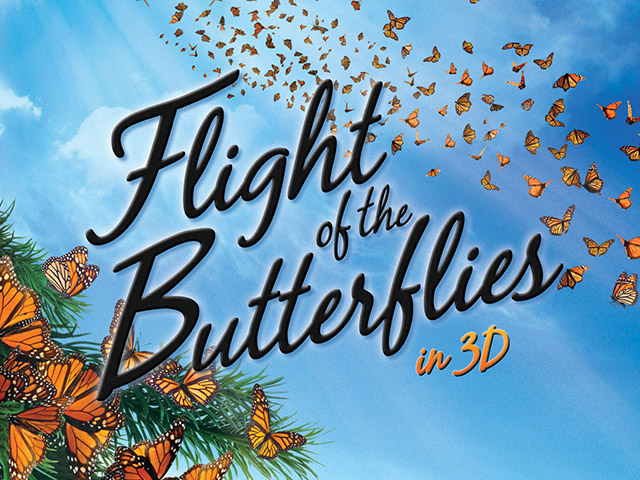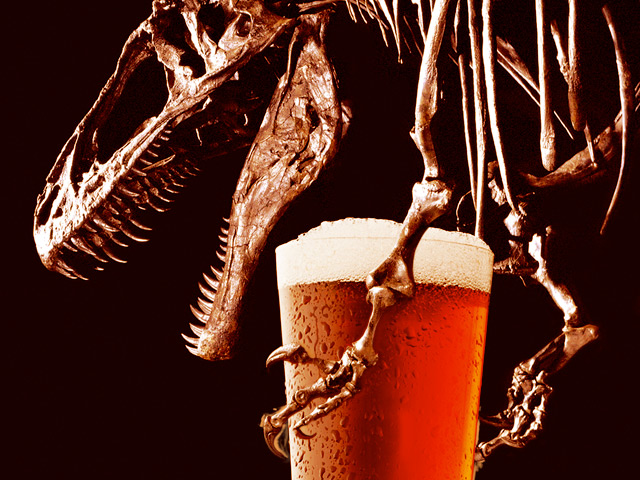
NC Museum of Natural Sciences to reveal The Secret World Inside You — microbes!
August 1, 2016
New exhibition, opening Oct. 22, explores microscopic organisms that live on us and in us RALEIGH — The microbes in and on your body are more numerous than the stars in the Milky Way. Clump them together, and they weigh about as much as your brain — approximately three pounds. Microbes — the term used… Read More >

Museum hosts Pioneer Night, July 21: Do you have what it takes to survive?
June 30, 2016
RALEIGH — Can you imagine a world without cell phones, the internet or electronics? Could you survive off the land if you had to? Could you navigate without your GPS or make fire to stay warm? You might be surprised to find out just how skilled at survival you really are. On Thursday, July 21… Read More >

Museum, Greg Fishel look at benefits and consequences of clean, renewable energy
June 27, 2016
RALEIGH — Join WRAL chief meteorologist Greg Fishel for a new Town Hall discussion on “Environment, Economy, Entrepreneurship: Is Clean Energy Good Business?” This innovative look at the potential benefits and consequences of clean, renewable energy takes place at the North Carolina Museum of Natural Sciences, Thursday, July 14, 7–8:30 p.m. Fishel will be joined… Read More >

Monarch madness: Museum premieres “Flight of the Butterflies 3D” June 30
June 21, 2016
RALEIGH — Monarchs are some of the most easily recognized and best-loved butterflies in North America. Their stunning good looks and interesting biology make them popular even with people who don’t like insects. Learn more about these fascinating insects, from their life cycle to their feeding habits to their awe-inspiring migration from Canada to a… Read More >

Museum hosts 3rd annual Natural Selections beer & science event Aug. 19
June 17, 2016
Updated August 9, 2016 RALEIGH — Join brewers from the Triangle area and beyond at the North Carolina Museum of Natural Sciences in downtown Raleigh for a one-of-a-kind evening of beer and science. At this third annual sampling session, held Friday, August 19, 7–10 p.m., more than 20 North Carolina breweries will offer unique creations… Read More >

